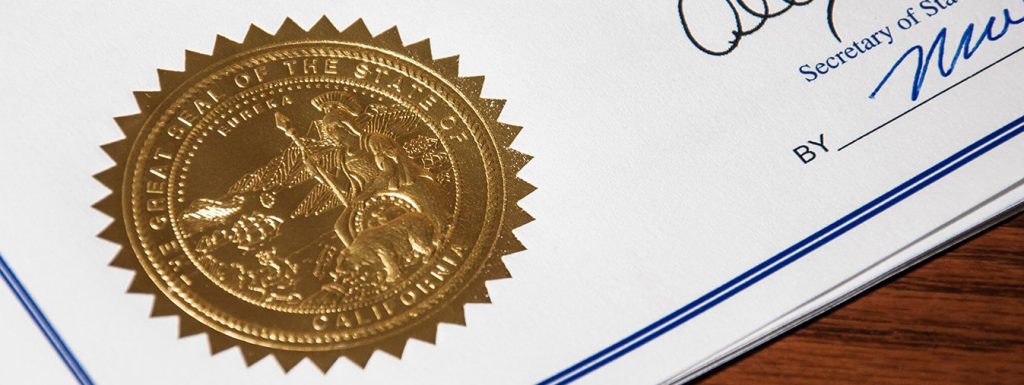1. Introduction
If you’re applying for a visa, working overseas, or seeking dual citizenship, chances are you’ll be asked for an FBI background check—and often, it must be apostilled to be valid in another country.
But what exactly is an FBI apostille, and why is it essential for international document recognition?
This guide explains what an apostille is, how it applies to FBI reports, and how PDX Fingerprinting can help you avoid delays and complications.
2. What Is an Apostille?
An apostille is a special form of certification that authenticates U.S. documents for use in countries that are members of the Hague Apostille Convention.
Established in 1961, the Hague Convention simplified the process of verifying official documents—so they don’t need additional embassy legalization.
Once a document has been apostilled, it is legally recognized in more than 100 countries.
3. What Makes an FBI Apostille Unique?
Unlike other apostilles that apply to state-level documents (e.g., birth or marriage certificates), an FBI apostille applies to federal-level documents—specifically, your FBI criminal background check.
It confirms that the document issued by the FBI’s Criminal Justice Information Services (CJIS) is authentic and eligible for international use.
Without the apostille, your background check could be rejected by foreign governments, universities, or employers.
4. Why You Might Need an FBI Apostille
FBI apostilles are required for many international processes. If you plan to live or work outside the U.S., your host country will often require a criminal background check to ensure your legal standing—and they will only accept it with proper apostille certification.
Common scenarios include:
- Immigration or residency applications
- Employment contracts with foreign companies
- International teaching programs (e.g., South Korea, China)
- Study abroad or university enrollment
- Adoption from or within Hague member countries
- Marriage or fiancé visas abroad
- Dual citizenship applications
5. Who Typically Needs One?
You may need an FBI apostille if you are:
- An expat moving overseas for work or retirement
- A student studying abroad in Europe, Asia, or South America
- A teacher or contractor hired for overseas assignments
- An American marrying abroad
- A person applying for dual citizenship (Italy, Mexico, etc.)
- A parent adopting internationally
If your destination country is part of the Hague Convention, your FBI report must be apostilled to be accepted legally.
6. Apostille vs. Authentication: What’s the Difference?
Not every country accepts apostilles. Here’s how the two processes differ:
| Feature | Apostille | Authentication |
| Used for | Hague Convention countries | Non-Hague countries |
| Issued by | U.S. Department of State | U.S. Dept. of State + Embassy |
| Extra steps | No | Yes – embassy or consulate legalization |
If your FBI report is headed to China, UAE, or Qatar, for example, you’ll need authentication rather than an apostille.
Need help figuring out which you need? Contact us at PDX Fingerprinting.
7. How to Get an FBI Apostille
Here’s a step-by-step overview:
Step 1: Get Your FBI Background Check
You can request it through:
- The FBI eDO (Electronic Departmental Order) portal
- An authorized channeler
- Live Scan fingerprinting at PDX Fingerprinting
Step 2: Submit the Report for Apostille
Make sure your report:
- Is the official PDF version issued by the FBI
- Is less than 90 days old (many countries require recent reports)
- Is submitted with Form DS-4194 (application for apostille)
Step 3: Mail or submit the document to:
U.S. Department of State – Office of Authentications
Or skip the hassle—PDX Fingerprinting can handle the entire process for you, including apostille submission and return shipping.
8. Why Use PDX Fingerprinting?
Getting an FBI apostille on your own can be confusing and time-consuming. PDX Fingerprinting offers:
- ✅ Live Scan fingerprinting to request your FBI check
- ✅ End-to-end apostille service
- ✅ Expedited processing (as fast as 3–5 business days)
- ✅ Form completion and document verification
- ✅ Nationwide mail-in options
- ✅ Tracking and secure delivery
Whether you’re on a deadline for a visa, school, or job abroad—we make it easy, quick, and stress-free.
9. FAQs
Q: How long does it take to get an FBI apostille?
A: Standard processing is 8–12 business days, but expedited options through PDX Fingerprinting take 3–6 business days.
Q: Can I apostille a digital FBI report?
A: Yes, as long as it’s the official PDF from the FBI’s eDO system.
Q: Is an apostille permanent?
A: The apostille doesn’t expire, but your FBI report might need to be recent (within 90 days) depending on your destination.
Q: What if I need to submit documents to a non-Hague country?
A: We also offer authentication and embassy legalization services.
Q: Do I need to visit in person?
A: No. We provide full remote and mail-in services nationwide.
10. Final Thoughts
An FBI apostille is more than just paperwork—it’s your gateway to opportunities abroad. Whether you’re applying for a visa, planning to study or teach internationally, or seeking dual citizenship, this small document plays a big role in your success.
Avoid confusion, delays, and rejections—let the pros handle it.Start your FBI apostille process today with PDX Fingerprinting and get it done fast, right, and securely.


